At the Kaur Life Virtual Retreat in early August, we had a panel on Holistic Wellness from a Gurmat Perspective. It was a phenomenal conversation about mental health, menstruation, pregnancy, postpartum, menopause, and much more. Panelists included Dr. Sangeeta Kaur – OBGYN, Juspreet Kaur – nutritionist & natural family planning teacher, Rapinder Kaur – registered psychotherapist & art therapist, and navi kaur – healer & doula. Below is an excerpt from the session about holistic health in general. Be sure to check out their discussion on menstruation and periods.
You can watch the entire panel here.
What is Holistic Health?
Lose your ego
Sangeeta: As a medical person, I think we are often trained to look at the physical things that cause disease or cause an absence of health. But when we’re looking at holistic health, we’re really looking asking, “How do we take care of our whole selves?” And I feel like there’s actually a lot in Gurbani about using man (mind) and than (body) for wellness. I think that that type of wellness is defined differently than in medical or science circles; the health of self is not attached to self-identity or our ego, but it’s recognizing the true self within us that is linked to Waheguru.
Many of us know the shabad (Ang 440) revleaed to Guru Amar Das Sahib:
ਮਨ ਤੂੰ ਜੋਤਿ ਸਰੂਪੁ ਹੈ ਆਪਣਾ ਮੂਲੁ ਪਛਾਣੁ ॥
man too(n) jot saroop hai aapanaa mool pachhaan ||
It roughly translates to: “Understand your own origin, understand the connection we have with the Divine.” If you read the rest of that chant, it goes on to say, “Within our intellect is ignorance and ego. Through shabad our dirt is taken away… So come with nimrita (humility) and surrender our identity to that of the Gurus. Do not attach our identity to that of our own ego…The world is consumed by ego and self-identity. We need to recognize this, otherwise we will lose ourselves. We will lose ourselves into the false sense of what is an identity.”
For me, I think the wellness of the self is giving up this attachment to the self and actually putting forward habits that the Guru told us to do and adopting the Guru’s discipline into our lives. The Gurus have given us a path of disciplines of things to do for our own wellness. When we work towards holistic health, we are tapping in to that part of us that is recognizing the Divine rather than recognizing our vices.
You are not broken
Rapinder Kaur: So often the language parents use when they bring their children into my space is, “Can you fix my child?” There’s a problem here; if we’re using that kind of language, we’re assuming that this person is broken in some way, and that person is not broken. That person is human, and that person has very human emotions.
Gurbani tells us that we’re only broken if we’re focusing on our vices or challenges. If we focus on our creative energy or Divine experience, then there’s nothing broken. The physical parameters of what we do or how we look might seem deficient, but it’s not a deficiency, it is actually an illusion.
Many people who come into my space into the therapy space are feeling incredibly disenfranchised. They’re feeling like they have no control of their lives. They’re feeling disempowered. If only they could really truly embrace who they are and see that Divine energy, that Divine light that they have inside of them.
We are innately creative beings – that’s a strong Sikh idea. When people come in and tell me, “I’m suffering from anxiety and depression. I’ve been through these traumas and there’s nothing I can do,” we use art and creativity as a way for them to imagine something completely different for themselves. It’s a way for them to truly embrace every aspect of who they are. I think if you understand that you’ve got this Divine light, then I think you can rise to the occasion of saying “There’s a lot more I can do.”
In our guiding principles and our mission statement [of Art as Therapy], there is this understanding of Oneness. That we have this inner power inside of us. We’re sovereign. So, we’re not fixing our clients. Instead, we’re coaxing them and creating a therapeutic space where our clients can recognize and realize what they have inside of them. And they use that to manage their challenges.
navi: when I am holding space as a doula and holding space for folks who are pregnant and incarcerated, it’s often being willing to sit with the Divinity and light within every person. And also recognizing that a lot of what we think is wrong with us or broken within us are things that we’re being told by the media, systems, westernization and colonization.
Selfcare
Juspreet: When I think about self-care I think of Shaheed Bibian – they are really great example of like healing and flourishing as a form of resistance in their everyday lives. They weren’t just coping on the day to day, they were able to thrive, through their resistance. I think for them, individual self-care ran parallel with panthic care. They didn’t see themselves as separate from the panth. They saw themselves as the panth and the panth is them.
navi: I wrote down what you said, “flourishing as a form of resistance”. I loved that. It makes me think of what it means to survive versus thrive in this world and this body…. If I’m not also caring for this vessel, I’m not able to provide seva.
Rapinder: The wisdom that we received from the original peoples of Canada, the indigenous people, is that our bodies and minds are gifts. So, it is imperative to look after what we’ve been given, and it’s a tragedy if we don’t. Maybe it’s even incredibly disrespectful to the Almighty Creator if we don’t. For Punjabi women, we put our own care on the back burner, and we put the needs of others before our own.
Take-Aways
- Read gurbani to understand holistic health and wellness from the Guru’s perceptive
- Lose your ego through discipline like seva, meditation/simran, kirtan, etc
- You are not broken – reframe your self-talk to be more positive
- Engage in creative practices as a form of healing and expression
- Make time for self-care
- Define “flourishing as a form of resistance” for yourself
Photo by Manvir Kaur . Model is Harkikii © 2020 All rights reserved.
Guest Speakers
Jaspreet Kaur
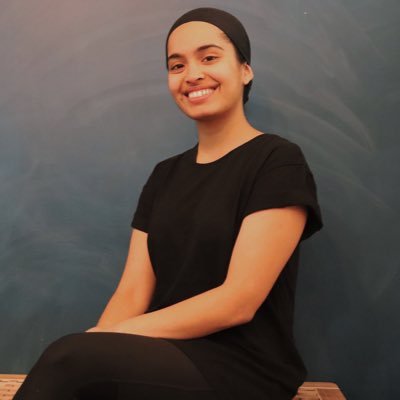
Juspreet Kaur (she/her) is a holistic nutritionist and Natural Family Planning teacher. She has facilitated workshops across the U.K. on well-being for non-white women, menstruation, fertility, and DIY skin care products (as radical self care). Her debut EBook “Deeper Than Beauty” showcases her go-to DIY skin care recipes, along with stripped-back tips on how to care for your skin in an affordable way.
Website: www.kaurhealth.co.uk | Twitter: @KaurHealth | Instagram: @KaurHealth
navkiran “navi” kaur
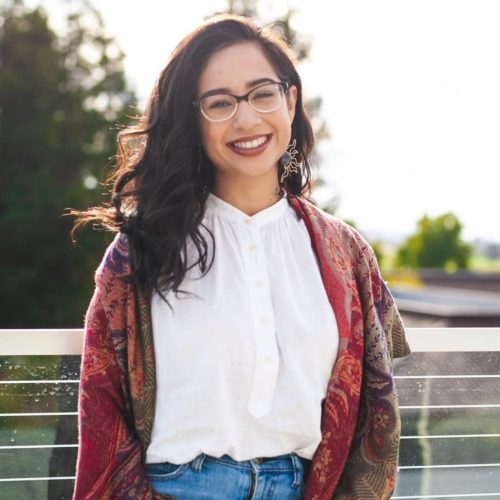
navkiran “navi” kaur (she/they) is an abolitionist, healer, artist, astrologer, and self-proclaimed nerd. Currently, they work full time at Code2040 as a program associate where they have the honor to work with Black and Latinx computer science students and empowers them with the tools & knowledge for racial equity organizing. Before COVID-19, navi managed and participated in providing doula services for pregnant incarcerated folks. navi has a b.a. in Black studies from UC Santa Barbara and their long term goals include providing first response mental health care, life coaching, and nurturing a farm with loved ones. In their free time, navi enjoys making things with their hands, taking care of their cat & plants, re-reading Harry Potter for the millionth time, and eating.
Website: www.nvknkr.com | Twitter: @nvknkr | Instagram: @nvknkr
Rapinder Kaur
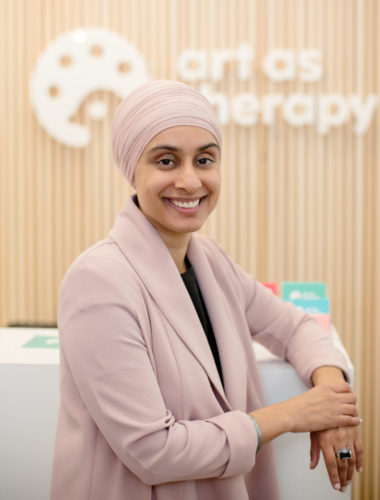
Rapinder Kaur (she/her) is a Registered Psychotherapist, Art Therapist, public speaker, facilitator, clinical supervisor, board member, and founder of Art as Therapy, a community based therapy practice. She has worked with children, teens, adults and parents for 23 years and is passionate about supporting her clients to tap into their innate creativity, believing they have what it takes to manage and overcome even the most difficult of life’s challenges. She also supports organizations with system change work by offering diversity, equity and cultural humility workshops and training.
Website: www.artastherapy.ca/| Twitter: @art_as_therapy | Instagram: @rapinderkaur5
Sangeeta Kaur

Sangeeta Kaur (she/her) has been a Sikh educator for over 20 years through various Sikh camps and retreats. She began teaching at summer camps as a teenager and through the years has expanded her involvement to include strategic planning and organization of various Sikh youth education events. Sangeeta went to college at Rensselaer Polytechnic Institute where she majored in biology and had a concentration in philosophy. She then went on to medical school at Albany Medical College. Doing her residency training in obstetrics and gynecology, she had a focus on under-served communities. She is currently an associate professor at Oakland University-William Beaumont School of Medicine, is the Section Chief for the generalist OB/GYN division and practices at Beaumont Health-Royal Oak.
Website: www.sikhyouthalliance.org| Twitter: @kurbaani | Instagram: @rkaursangeeta

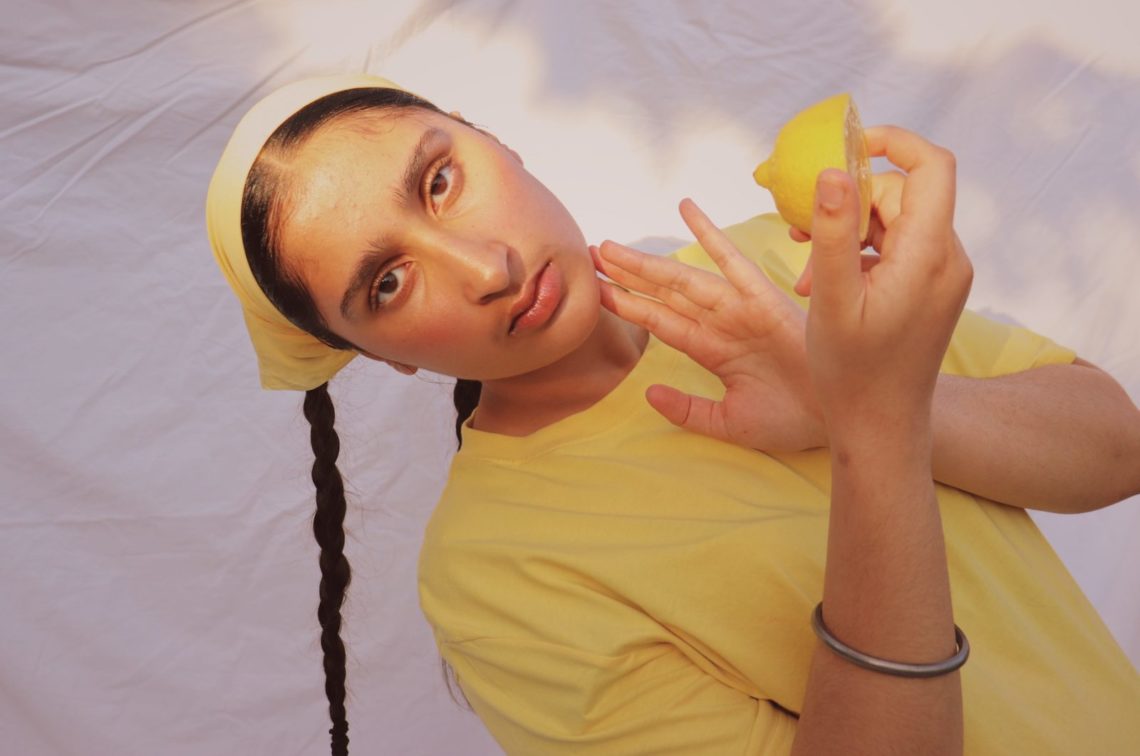
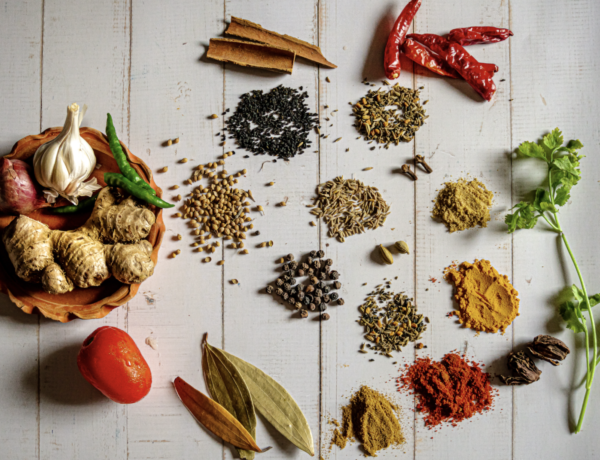
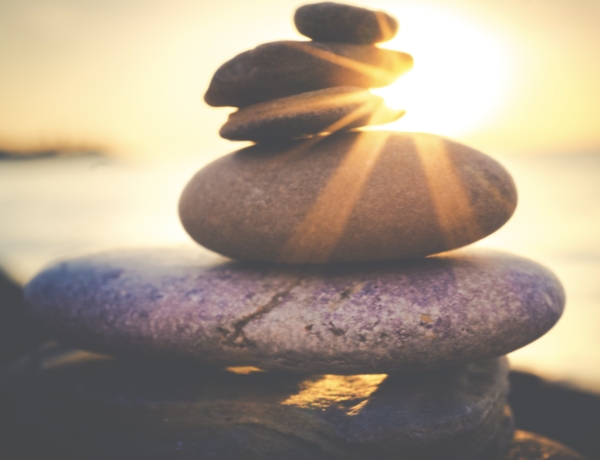
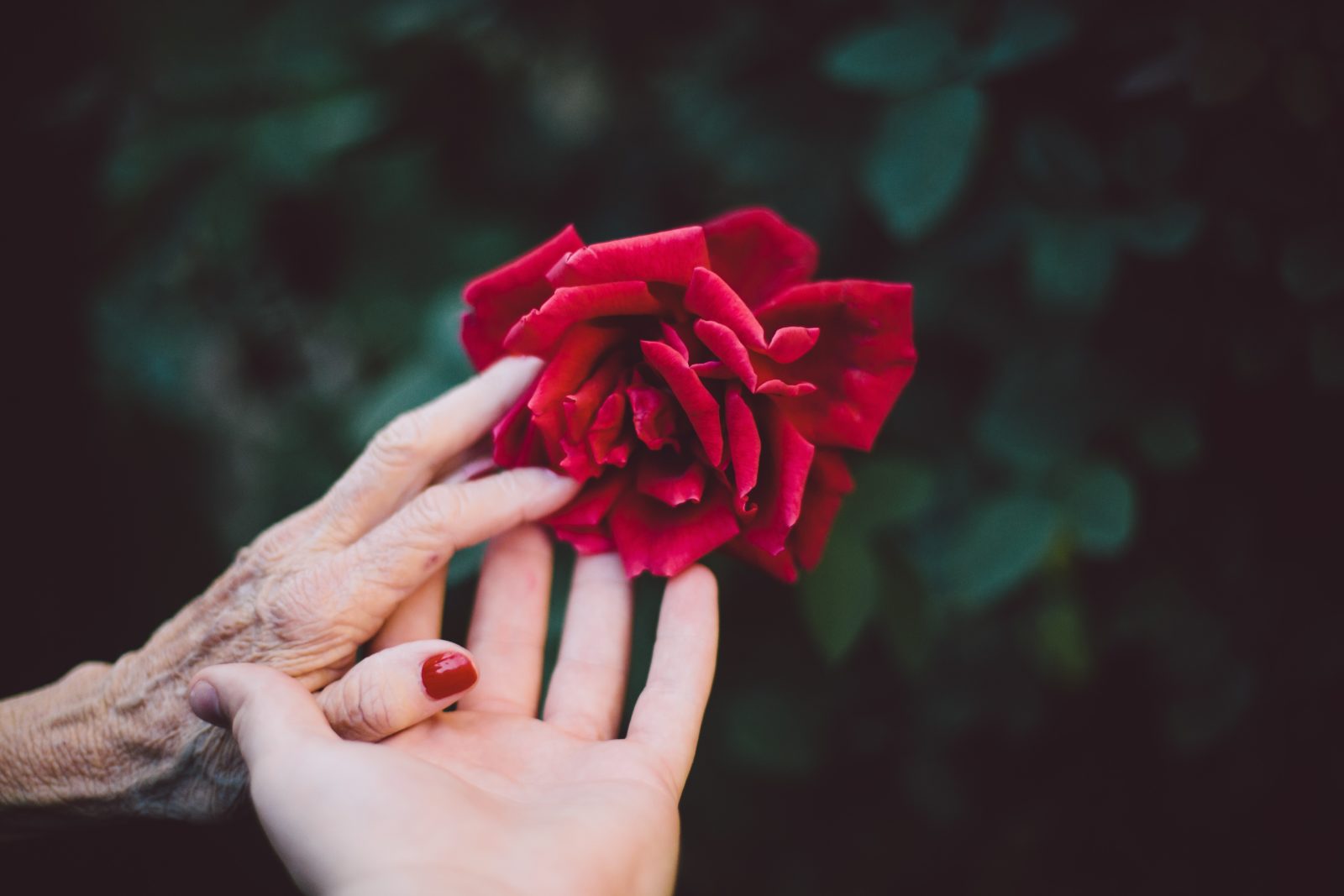
No Comments